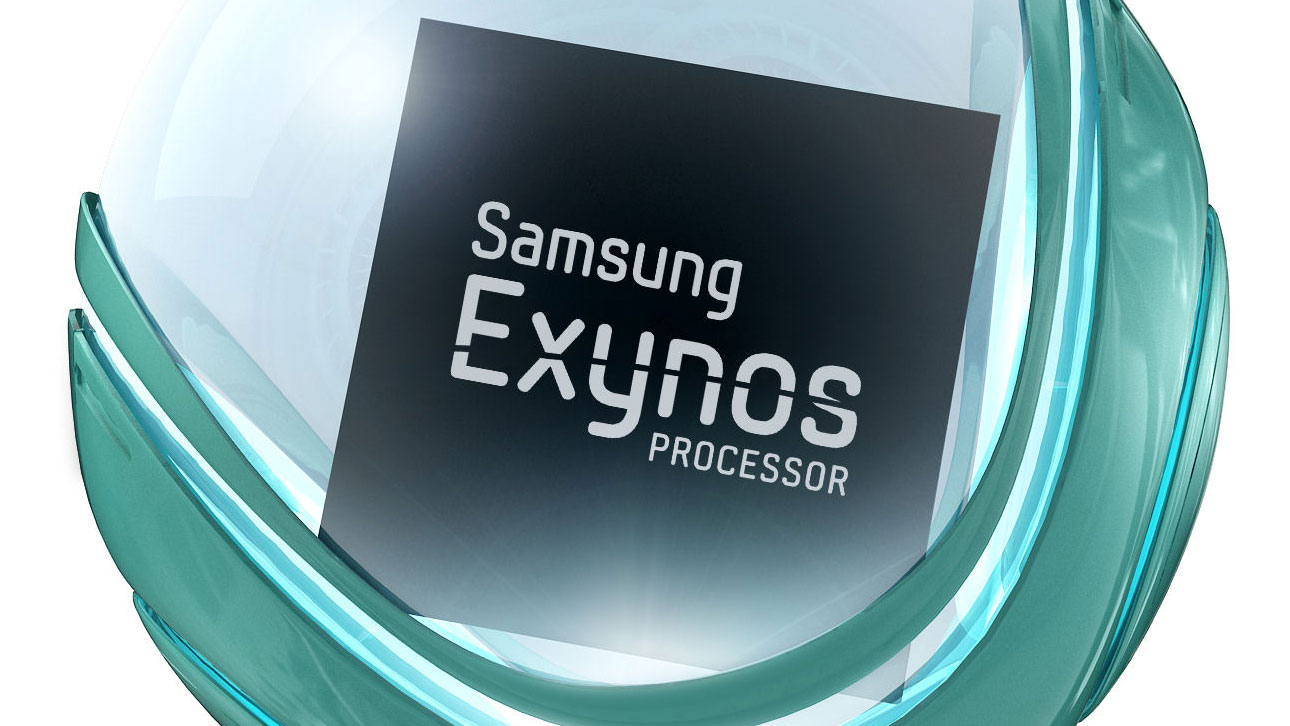The Exynos chips in the Samsung Galaxy S11 may be the last of their generation
AMD could be the catalyst in that decision

Samsung has confirmed that it is closing its custom CPU division, potentially having a major knock-on effect for future flaghsip phones.
The team was responsible for developing the Mongoose cores used in the SoCs found in flagship devices such as Galaxy S10 or the Note 10 Plus.
Android Authority received confirmation of the decision via a statement from Samsung that explained the decision to let go of nearly 300 employees in Austin by the end of the year.
- Samsung Galaxy Fold review
- Samsung starts integration with OneDrive: Is this the beginning of the end?
- Qualcomm working with Samsung on 5G small cells
“Based upon a thorough assessment of our System LSI business and the need to stay competitive in the global market, Samsung has decided to transition part of our U.S.-based R&D teams in Austin and San Jose," the statement said.
This seems to suggest that the Exynos was too expensive to produce and develop in-house, and it was not competitive enough compared to the Snapdragon range from Qualcomm - which is available in part of Samsung’s phone range.
This could mean that the Exynos 990, which is likely to feature in the Galaxy S11 and was announced a couple of weeks ago, may be the last ever flagship SoC to be entirely developed inhouse.
The AMD link
The plot may yet thicken further, as earlier this year, AMD and Samsungstruck a “multi-year strategic partnership”, making it more than likely that any new Exynos products going forward would feature technology stemming from that agreement.
Are you a pro? Subscribe to our newsletter
Sign up to the TechRadar Pro newsletter to get all the top news, opinion, features and guidance your business needs to succeed!
AMD DNA is also present in Qualcomm SoC via the Adreno brand; it’s been 10 years now since AMD sold its Imageon handheld graphics division to the US semiconductor giant.
For now, expect Samsung to rely on off the shelf processor cores, or more likely, semi-custom ones, similar to Qualcomm or Huawei.

Désiré has been musing and writing about technology during a career spanning four decades. He dabbled in website builders and web hosting when DHTML and frames were in vogue and started narrating about the impact of technology on society just before the start of the Y2K hysteria at the turn of the last millennium.